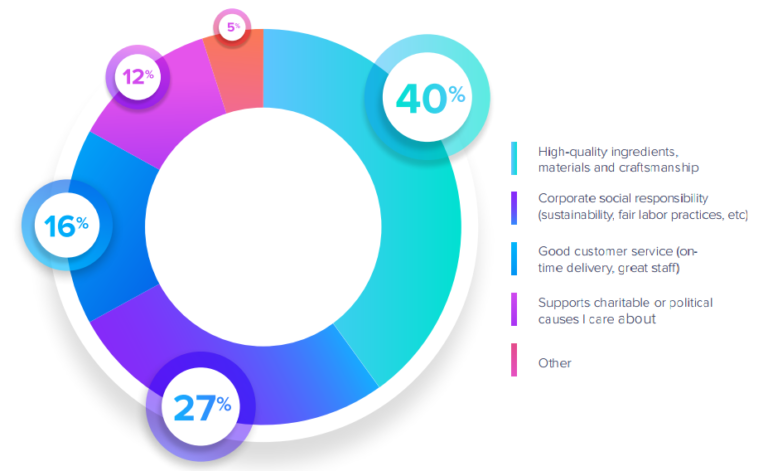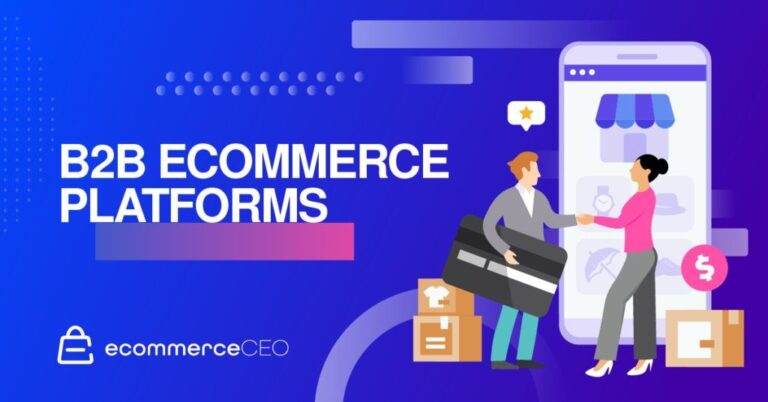Building an ecommerce business starts with an idea, the initiative to begin, and at least some startup capital. Once you’ve successfully launched your store, your primary goal is to recover expenses. You will get to a break-even point as your profit margins gradually increase but after this stage, you will now be facing big decisions which will determine the progress of your online business.
One of the most common mistakes made by startup entrepreneurs is to pass on hiring freelancers to whom they can outsource ecommerce operations. While only thinking about making profits early in the game, business owners try to do everything on their own. In the end, less work is getting done and their everyday to-do list is the only thing growing.
Outsourcing is an old practice for companies to cut on costs. With the growth of the internet and the freelancer economy, ecommerce outsourcing has been used even more by businesses to optimize operations while saving on expenses. As an owner, it will also free up your time so you can focus on taking your business to the next level.
This article is a beginner’s guide for first-time entrepreneurs to outsource ecommerce operations to freelancers. It covers why you need to consider ecommerce outsourcing to help you grow your business, choosing tasks to delegate to a remote contractor, a step-by-step process to start hiring remotely, and tips on how to manage these freelancers effectively.
Making the Right Decision

Every decision you make when running your own business involves risks. For first-time entrepreneurs, the thought of turning over the core aspects of your operations to someone else is vexing—likely more so if they are remote freelancers working from different parts of the world—but you need to understand what’s preventing you from moving forward and resolve those issues.
The main question that pops up with any business-minded person is why you need to outsource. Every company has different demands and it is your responsibility as the owner to recognize when business is at a standstill and you need help. You know your company from the inside out, and know what has to be done to keep it running smoothly.
The biggest worries for business owners related to ecommerce outsourcing are grouped into 2 parts:
- Taking matters out of their own hands by assigning tasks to outsiders
- Working with remote contractors from across the globe whom they can’t meet in person
Working with New People
If you are the hands-on type of CEO, you probably like to do everything on your own to make sure things are done right. The problem here is that you are way too focused on getting things done that you don’t have time to see the big-picture concerns of your business. Being stretched too thin and getting stuck is not ideal for any kind of business.
The key points to forging and maintaining good working relationships are communication and trust. We know that great communication leads to understanding so as you encounter issues along the way, you can resolve matters quickly and efficiently. With understanding comes trust between the client and freelancer so make sure that both of you commit to your responsibilities and your expectations from each other are met.
Working Remotely
The onset of the internet and continuous technological innovations have broken geographical and cultural barriers. You will find that the business giants are now promoting more flexibility at work by streamlining communication and collaboration with their workforce. In the ecommerce scene, the growth of the freelance economy has helped scale up online businesses.
With the right tools, reliable resources, and effective processes, working and managing remote contractors is possible. If the ecommerce giants can do it, why can’t you?
A Step-By-Step Hiring Process

Before you worry about how to manage the freelancers who help keep your business running, you first need to hire them. Finding the right person to match your requirements and goals is also challenging. It is highly recommended for first-time entrepreneurs to consider hiring experts to do the applicant interviews and new hire onboarding for them. Aside from saving you time and effort, you are assured that you get a freelancer that fits the task and your business.
In this section, we will share some hiring tips from Connor Gillivan, Co-Founder and CMO of the global hiring platform, FreeeUp.
Connor has gained a lot of experience working with remote contractors over the years. The frustration he experienced from a series of bad hires through traditional freelance websites encouraged him and his business partner, Nathan Hirsch, to create a better solution to ecommerce outsourcing and hiring globally competent freelancers. Thus, FreeeUp was born.
Here are Connor’s tips on how to outsource ecommerce operations to remote contractors so you can make successful hires.
Ecommerce Outsourcing Step 1. Identify the Tasks You Want to Outsource
Taking some time to revisit your processes can help your business tremendously. At this point, you will be able to gauge how everything is going and which aspects of your company need more of your attention. Jump ahead and make a list of the tasks that take up too much of your time and find out if handing them out to an expert will create better results.
Ecommerce Outsourcing Step 2. Determine How Many Freelancers You Need
Depending on the type and size of your company, you will discover that hiring multiple freelancers who have their own niche expertise is more efficient. But balance that out since hiring too many people can also become a problem.
Determine which tasks can be placed under one skill set or specialization. For instance, blog writing and website copy under a content writer, and product listings and ad copy under an ecommerce copywriter. Decide how many freelancers you need and clearly define the responsibilities of each.
Ecommerce Outsourcing Step 3. Create a Task Posting
Most freelance platforms have clients post details about the tasks they want to outsource and wait for freelancers to apply. The traditional ones will still require you to go through the applications and conduct multiple interviews before finally making a hire and getting down to business.
Expert hiring platforms like FreeeUp, however, pre-vet all applicants and let you skip everything except the final interview and onboarding.
Wherever you decide to hire, make sure that you define exactly who you’re looking for: Define your required skillset, professional experience, and anything else that you deem vital.
Ecommerce Outsourcing Step 4. Choose the Right Contractor
With hiring experts, you can usually request a shortlist of just 1 to 3 freelancers to choose from. Your role now is to determine the right person—someone who is aligned with your company’s mission and vision. Think about communication abilities, passion, personality traits, and other qualities that you value and uphold in your business.
Ecommerce Outsourcing Step 5. Share Your Goals & Your Vision for Your Business
When you outsource ecommerce operations to remote contractors, you need to be consistent in maintaining a good relationship with these freelancers. Onboarding is the first step to managing a remote workforce effectively. At this stage in the hiring process, you share information about your company with the newcomers and make them feel part of your culture. Once they are on board with your vision, you can start to work together towards success.
Conclusion
Ultimately, ecommerce outsourcing has presented business owners with a good number of benefits that make it a highly recommended strategy for those who want to step up their game. It’s important to stay focused on your targets and maintain what you’ve envisioned for your company through a remote workforce that you can count on.
As a business owner, it is normal to fear the thought of outsourcing especially if this is your first time. However, if you are at the stage where everything is coming to a standstill, you must consider ways to maximize profits or settle for stagnation. Efficiency is the key and the right way to reach your goal is to outsource ecommerce operations to remote contractors and learn how to manage them effectively.






